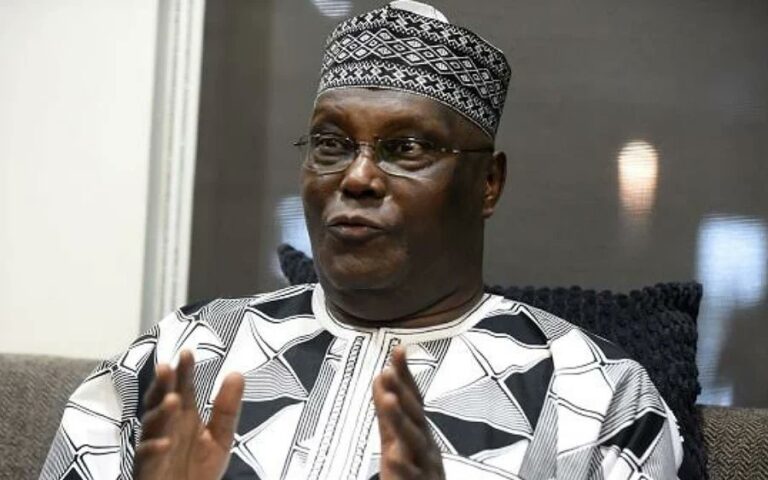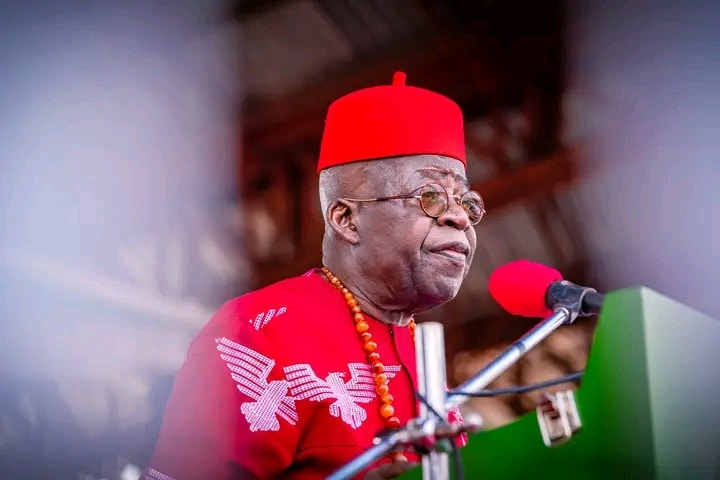
Government promises future aid, but Nigerians face hunger today with little immediate relief in sight.
Nigeria (EPICSTORIAN) – Worsening hardship and the ongoing hunger crisis across Nigeria have attracted severe criticism of the Ministry of Humanitarian Affairs and Poverty Reduction’s latest ‘holistic approach,’ which has been perceived as doing little about providing immediate relief to those in dire need.
Dr. Sununu, during his visit to deputy governor of plateau State, announced the Ministry’s proposal to establish a National Council on Humanitarian Affairs and Poverty Reduction by 2025. “Every state currently handles humanitarian issues differently,” he stated, emphasizing the need for a unified national policy.
Government Stringent Policies Not Enough to Address Hunger Crisis
However, critics argue that bureaucratic measures alone won’t address the urgent needs of millions of poor households facing severe hardship and day-on starvation today.
While the Minister of State, Dr. Yusuf Tanko Sununu, highlighted long-term plans during a visit to Plateau State, many Nigerians remain skeptical about the tangible impact of these initiatives in a country where economic hardship and food insecurity are intensifying.
Plateau State, one of the hardest-hit regions due to recurrent conflicts, hosts thousands of internally displaced persons (IDPs). The Minister’s visit included distributing relief materials and launching the “Renewed Hope Agricultural Empowerment Project,” aimed at teaching farming skills to IDPs.
“It will serve as a stop-gap,” Sununu explained, “providing skills for resettlement.” Yet, this project, covering 200 hectares, seems insufficient against the vast scale of displacement and deprivation.
The Ministry plans three projects in 2025: agricultural innovation, youth training in automobile maintenance, and renewable energy development. While these are promising, critics point out that the timeline is out of step with Nigeria’s urgent crisis. Economist Nkechi Okorafor remarked, “These initiatives offer hope for the future, but hunger is a problem of today. There’s little in the plan that addresses immediate food shortages.”
A Struggling Economy Deepens the Crisis
Nigeria’s economic woes exacerbate the crisis. The country’s inflation rate soared to 24.5% in 2023, driven by high fuel prices and a rapidly depreciating naira, which lost over 95% of its value last year. The cost of living has surged, pushing poverty levels to alarming heights, with projections suggesting 38.8% of Nigerians will live below the poverty line in 2024. Despite fiscal reforms aimed at boosting revenue, experts note that ineffective policy implementation and persistent insecurity continue to hinder economic recovery.
Additionally, agricultural productivity has suffered due to conflicts and poor infrastructure. “Food production is crippled by insecurity, and displaced farmers cannot contribute to the food supply chain,” noted Dr. Adamu Usman, an economic analyst. This exacerbates the hunger crisis, leaving millions dependent on sporadic and often inadequate government aid.
Local Collaboration: A Work in Progress
Dr. Sununu called for stronger collaboration between federal and state governments, alongside international partners, to pool resources for IDPs and vulnerable populations. Plateau State’s Deputy Governor, Josephine Piyo, expressed support for these initiatives but underscored the immediate challenges. “We have many displaced people. Ensuring they receive consistent aid is our priority,” she emphasized. Yet, observers argue that without prompt and widespread action, these plans risk being perceived as mere rhetoric.
Immediate Action Needed
While the Ministry’s ‘holistic strategy’ has potential, its delayed implementation and focus on long-term goals fall short in addressing Nigeria’s escalating hunger crisis. Millions need immediate relief, not future promises. The government’s failure to provide tangible solutions has left many questioning whether these initiatives will bring any real change.





